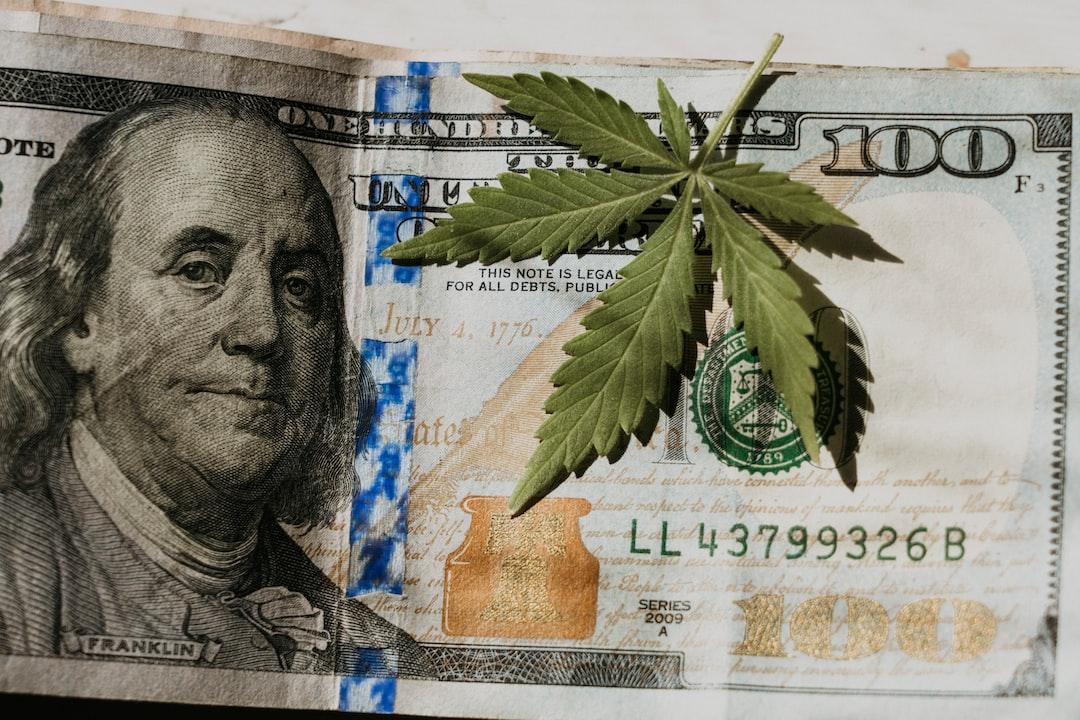Key Point 1:
After the launch of the image generation feature of GPT-4o (especially in the style of Studio Ghibli), the number of users has doubled in just three weeks, indicating that AI technology has reached a mainstream tipping point.
Key Point 2:
OpenAI CEO Sam Altman hinted that the number of active users of ChatGPT may have reached 800 million or 1 billion, though the specific figures vary and remain unclear.
Key Point 3:
Imitating artistic styles such as Ghibli may be legal under Japanese copyright law (for non-commercial use), but Altman also mentioned that a compensation mechanism for artists may be established in the future.
Ghibli Style Images Ignite a Breakthrough!
Artificial Intelligence (AI) technology is moving towards the mainstream. Surprisingly, the trigger point is not the complex applications predicted by scientists or entrepreneurs, but rather images in the style of Japanese animation.
After OpenAI launched a significant upgrade to ChatGPT-4o, allowing users to generate images, including those in the style of Studio Ghibli (Project Ghibli), CEO Sam Altman revealed that the user base has doubled in this period, showing that the popularity of AI technology has reached an unprecedented level.
This wave of growth is primarily driven by the image generation feature, particularly the creation of Ghibli-style images, although this trend has recently given rise to new memes featuring various styles such as articulated dolls and art toys.
prompt: sam altman as a cricket player in anime stylepic.twitter.com/kgflS6dT6o— Sam Altman (@sama)April 2, 2025
User Base Doubles! Actual Numbers Remain a Mystery: 800 Million or 1 Billion?
Regarding the exact number of current ChatGPT users, Altman provided somewhat vague clues during a conversation last Friday with TED host Chris Anderson.
According to Forbes, when Anderson inquired about the user count, Altman first responded: “The last time we mentioned was 500 million active users per week, and the growth is very rapid.” Anderson then pressed: “You told me it nearly doubled in a few weeks,” to which Altman replied: “I mentioned it privately, but I think…” This conversation suggests that the user count may have reached 1 billion.
However, in the same discussion, Altman also noted: “About 10% of the world’s population is now using our system.” If estimated against a global population of 8 billion, this would equate to approximately 800 million users; whether at 800 million or 1 billion, this user scale is quite impressive, highlighting the widespread influence of ChatGPT.
Eliminating Copyright Risks? OpenAI Considers Revenue Sharing for Specific Image Styles
With the proliferation of the image generation feature, copyright issues have also surfaced. When asked whether there are considerations for compensating artists whose styles are imitated, Altman stated that in the future, there may be opportunities for user prompts to automatically trigger payments to creators who choose to participate in the program. He also added that the system has safeguards to prevent the generation of copyrighted works.
It is worth noting that according to Article 30-4 of the Japanese Copyright Act, AI developers can use copyrighted materials for training purposes without obtaining permission, and under Japanese law, imitating general artistic styles does not constitute infringement.
The boundary lies in that if the generated image is highly similar to specific characters or scenes from Studio Ghibli films, it may constitute infringement; however, transforming one’s image into a Ghibli-style appearance is generally considered not to cross this boundary, provided it is not for commercial use.
Hindering Innovation? Intellectual Property Rights Become a Stumbling Block
Given the rapid development of AI, recent comments by Twitter co-founder Jack Dorsey on the X platform (formerly Twitter) stating “Delete all IP laws” were quickly echoed by current owner Elon Musk, sparking intense discussions within the tech community regarding intellectual property, patents, and copyright.
delete all IP law— jack (@jack)April 11, 2025
Dorsey and Musk’s positions immediately elicited polarized reactions. For example, Chris Messina, known as the “Father of Hashtags,” considered Dorsey’s remarks “reasonable,” hinting at the potential for automated fines or three-strikes rules for AI infringement to replace outdated penalties.
However, others strongly opposed this argument. For instance, Ed Newton-Rex from the nonprofit Fairly Trained (which aims to certify AI training practices that respect creator rights) described this exchange as “a full-scale war declared by tech executives on creators who do not wish to have their life’s work plundered for profit.”
Writer Lincoln Michel bluntly stated: “Without IP laws, neither Jack’s nor Musk’s companies would exist,” adding, “They just hate artists.”
This article is a collaborative repost from: Digital Age
Sources: siliconangle, Forbes, TechChurch

